
Patient Finds Answers Through Timely GI Evaluation at ASC
Discover how one patient found answers for chronic digestive issues at an ambulatory surgery center (ASC).
More Young Adults Are Getting Colon Cancer.
Schedule Your Colonoscopy TodayBy May 31, 2022, most health insurance plans will fully cover this procedure to evaluate a positive stool-based test for colon cancer. Check with your insurance about your coverage.
Learn MoreOur gastroenterologists and staff at University Endoscopy Center are dedicated to providing quality, affordable care to the community in our quest to lower colon cancer rates. We treat an array of digestive diseases, including Crohn’s Disease, irritable bowel syndrome (IBS) and gastroesophageal reflux disease (GERD).
We believe in compassionate medicine, where patients feel reassured and unrushed. We hold ourselves to the highest standards, as our center is accredited by the Accreditation Association for Ambulatory Health Care (AAAHC).
Our board-certified GI doctors specialize in a myriad of GI procedures, including colonoscopy, flexible sigmoidoscopy and upper endoscopy.
Additionally, our patients value the compassionate care they receive from our GI doctors and say they are likely to recommend our center for GI procedures.
If you are due for a colonoscopy or in need of a GI procedure, don’t put it off any longer. Give us a call today!
University Endoscopy Center is committed to ensuring that your experience with us is relaxed and worry-free, from consultation through recovery. To assist us, we ask that you read and comply with all guidelines.
We’re pleased to partner with StopColonCancerNow to help boost colon cancer screenings and prevention for residents in Hamilton County.
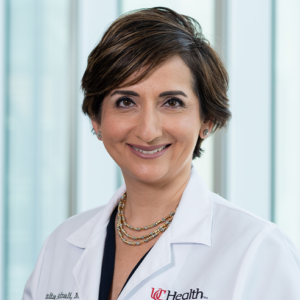 Anita Afzali
M.D.
Anita Afzali
M.D.
 Khurram Bari
M.D.
Khurram Bari
M.D.
 Karim M. Benrajab
M.D.
Karim M. Benrajab
M.D.
 Loren P. Brook
M.D., Medical Director
Loren P. Brook
M.D., Medical Director
 Kara Mari De Felice
M.D.
Kara Mari De Felice
M.D.
 Moamen Gabr
M.D.
Moamen Gabr
M.D.
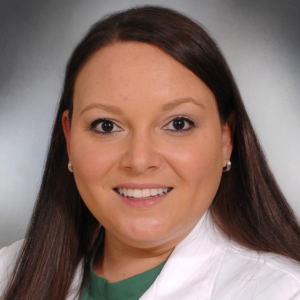 Carla Justiniano
M.D.
Carla Justiniano
M.D.
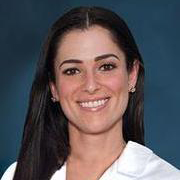 Susan Kais
M.D.
Susan Kais
M.D.
 Vidhya Kunnathur
M.D.
Vidhya Kunnathur
M.D.
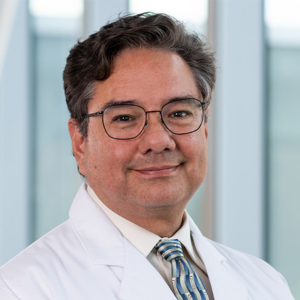 Luis Lara
M.D.
Luis Lara
M.D.
 Adam Myer
M.D.
Adam Myer
M.D.
 Andrew Ofosu
M.D.
Andrew Ofosu
M.D.
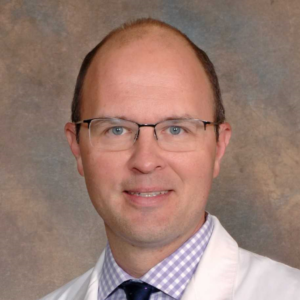 Ian Paquette
M.D., FACS, FASCRS
Ian Paquette
M.D., FACS, FASCRS
 Jason J. Schrager
M.D.
Jason J. Schrager
M.D.
 Milton Tyree Smith
M.D.
Milton Tyree Smith
M.D.
 Earl Thompson IV
M.D.
Earl Thompson IV
M.D.
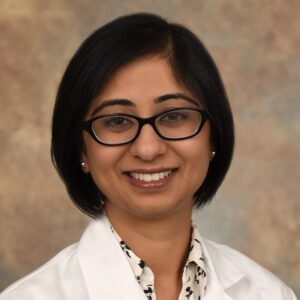 Neha Wadhwa
M.D.
Neha Wadhwa
M.D.
 Amoah Yeboah-Korang
M.D., MPH
Amoah Yeboah-Korang
M.D., MPH

Discover how one patient found answers for chronic digestive issues at an ambulatory surgery center (ASC).
Read More
Colorectal cancer is increasingly affecting adults under 50, making it a growing concern among younger populations.
Read More
For the second year, our center has been named one of the Best Ambulatory Surgery Centers in the nation by U.S. News & World Report.
Read More